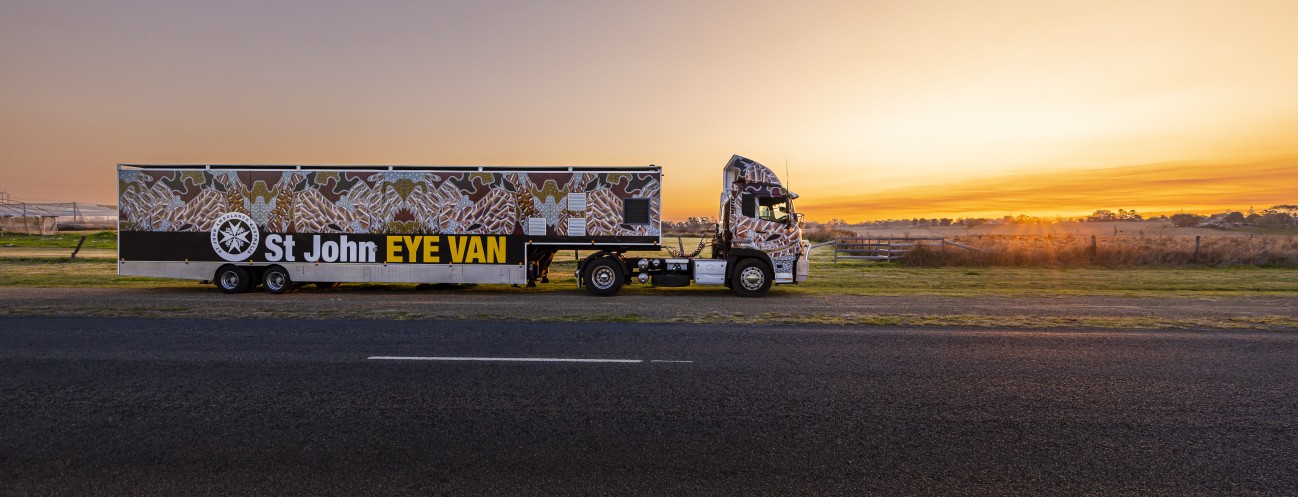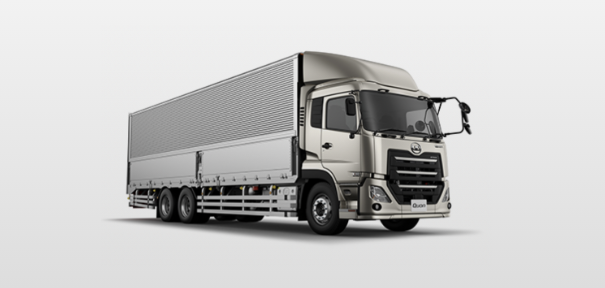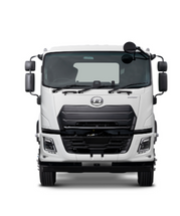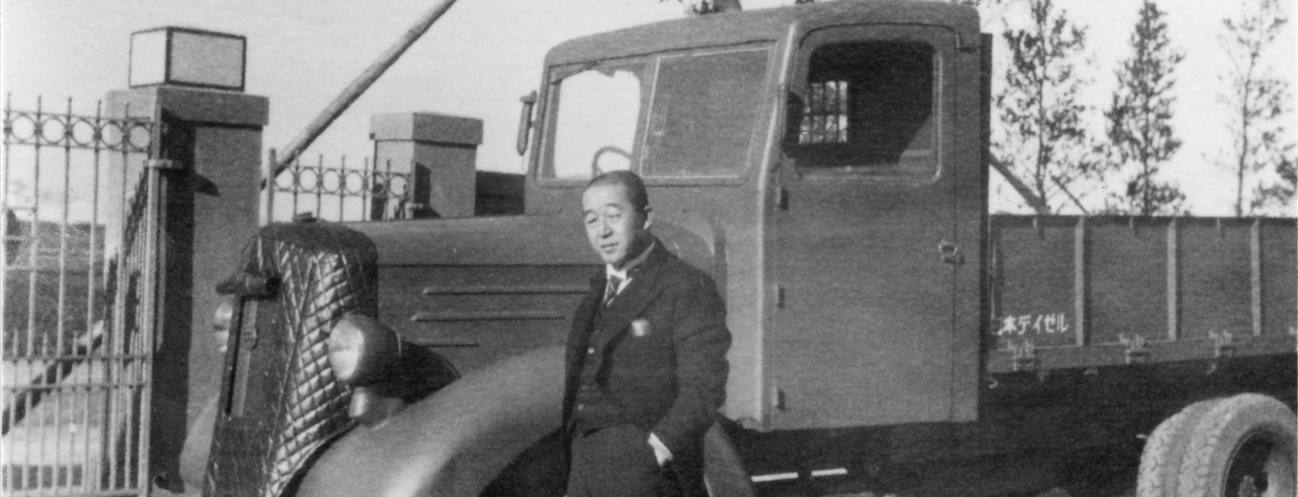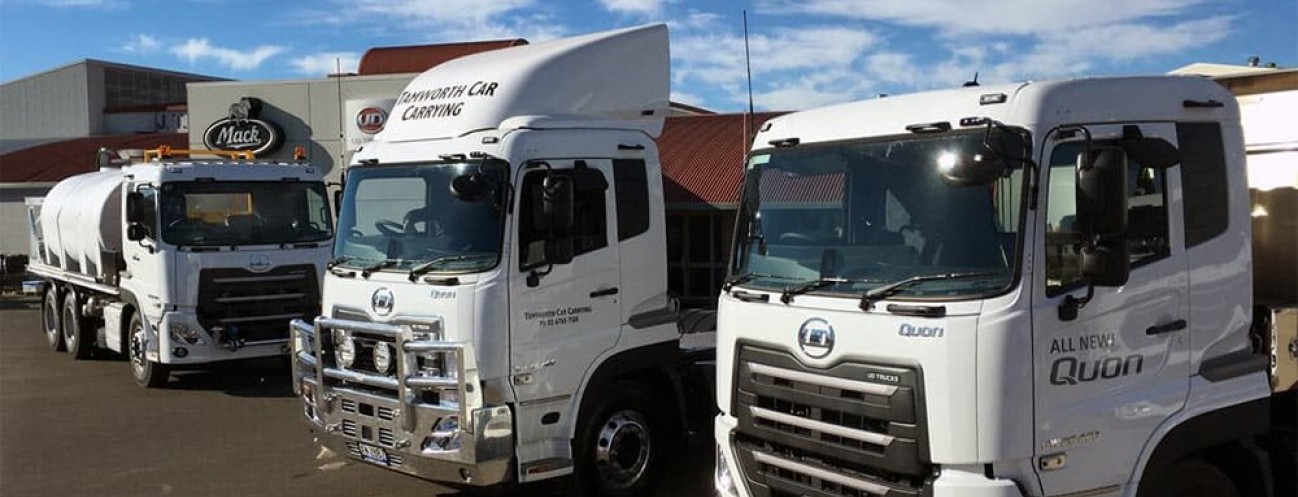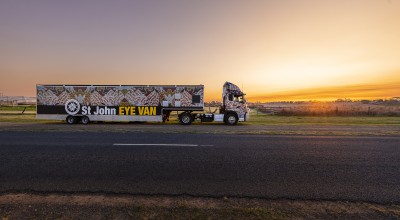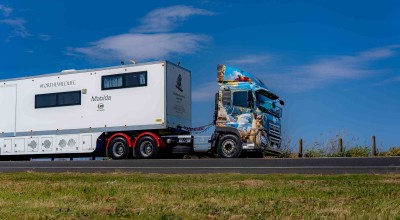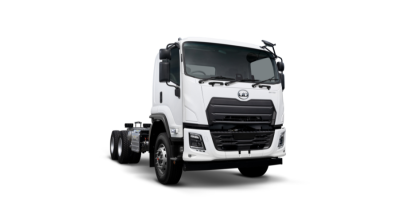TruckSales' Geoff Middleton take a couple of loaded UD Quons on a great drive through northern NSW to Brisbane
This independant review was written by Geoff Middleton and posts to the TruckSales website. You can find the original posting here.
We take a couple of loaded UD Quons on a great drive through northern NSW to Brisbane
If there’s a good way to give a truck a workout on a day run, the trip from Tamworth to Brisbane via the New England Highway would have to rank highly.
Most would know it’s a run of about 570 clicks and it has a good swag of varying terrain to really get your teeth into and give a truck a solid workout.
And that’s precisely where we took the new UD Quon for this test. On hand we had a pair of Quon GW 26 460s. One was set up with a tri-axle trailer while the other was a tipper with a three-axle dog. Both were loaded to a GCM of 41 tonnes.
We first saw the new Quon at last year’s Brisbane Truck Show in a ‘soft’ release. It was then fully released in November with trucks turning up on our roads from December.
From there it has gone from strength to strength in the marketplace, with wide acceptance across a broad range of applications in the heavy trucking sector.
According to Vice President of UD Trucks Australia, Mark Strambi, who we spoke to prior to our drive, the Quon fits neatly into many roles including tipper and dog, tautliner, refrigerated trucks, and B-doubles with GCMs up to about 60 tonnes.
Nuts and bolts
The Quon is powered by an 11-litre six-cylinder turbo-diesel developing up to 460hp and 2200Nm of torque. This drives through a 12-speed ESCOT VI automated transmission.
As part of the Volvo Group, UD has been able to dip into the European manufacturer’s parts bin and come up with some outstanding safety and convenience features. Not the least of which is the radar cruise control – in fact, the Quon has two cruise controls you can choose from, the regular cruise that all know, or what the company calls Traffic Eye cruise control.
Traffic Eye is a radar-controlled cruise that lets the driver set the speed as well as the distance between the truck and the vehicle in front. If the vehicle in front slows, so will the Quon; as the vehicle speeds up again, the Traffic Eye will detect this and speed up to the nominated speed again.
It’s very handy and, combined with the automated transmission, takes a lot of pressure off the driver. The switch gear for the Traffic Eye Cruise is all on the right-hand side of the four-spoke steering wheel where it’s easy and intuitive to use.
The Quon is also fitted with lane-departure warning which alerts the driver if he has wandered out of his lane without indicating. This can be cancelled also by a switch on the right-hand side of the wheel although, if you’re driving properly, you shouldn’t have to cancel it…
Another big safety tick is the Quon's braking system, which features discs all round. According to Strambi, the Quon is the first Japanese heavy-duty truck to have disc brakes on all axles.
The brakes are mated to an ABS system that also has UD’s Emergency Braking System that will pull you up under full brakes if the Traffic Eye system detects that you’re too close to the vehicle in front and you’re about to have a crash. Traffic Eye will warn you that you are close without intervening, but if you don’t take action, it will.
UD is also offering its stability control, which goes under the acronym of UDSC. If the UDSC sensor detects conditions where the truck could become unstable, such as tight bends or slippery road surfaces, the system applies control appropriate to engine output and braking power to each wheel to maintain stability.
In combinations, all these systems make the Quon a very safe truck indeed.
Inside
So what does it all mean? It’s all very well to have a safe truck that’s going to protect you, but it’s of no use if it’s uncomfortable and nobody wants to drive it. Not so with the Quon.
Step up into the cab and you find a very Euro-looking cab for a Japanese vehicle. The ambience is inviting with the wrap-around dash dominated by a four-spoke wheel which, in the case of our prime mover, was leather wrapped with wood highlights. The buttons on the wheel are well spaced and semi-flush with the spokes.
To the left is the shifter for the ESCOT VI transmission with the park brake behind. The HVAC controls are above the gearshift and the screen for navigation and audio etc is beautifully integrated above that.
The main instrument panel is really well laid out with the speedo and tacho flanking the central five-inch screen which is controlled using the switches on the right-hand side of the steering wheel. This screen flashes up all manner of information to the driver and it is arranged in a logical and easy-to-read manner.
Below is another screen giving info about cruise control, gear position and a readout for the four-position auxiliary brake. There are cup holders within easy reach and storage abounds.
Vision is excellent from the driver’s perch and the mirrors are comprehensive, and heated.
Overall, the Quon’s cabin is a really nice place to work. And it's comfortable, ergonomically sound and has the feeling that it will last.
On the road
On our particular winter’s morning, in Tamworth we were up early and out of town before six. It was dark with a few showers that, although not enough to wipe the grimaces from the farmers’ faces, was enough to make visibility poor and the road as greasy as a pork chop.
Thankfully, the standard lights on the Quon are excellent LED jobs that put out a bright, white light and cut through the dark and light up the road ahead better than just about anything we’ve driven lately.
Our prime mover was hooked to a tri-axle trailer and though we could feel the load and the rig's 41-tonne GCM, the Quon had no trouble getting up to speed and cruising along out of Tamworth. Some of the steep climbs up to our breakfast stop at Guyra had us down to 10th or so but still holding reasonable speeds of around 60km/h.
The retarder worked well down the hills and I soon got a feel for it and figured out how many of the four stages I needed to help us slow for descents or towns. I could also down-shift using the buttons on the side of the gearshift and hold the box in gears if needed, but really the auto trans was remarkably effective when left to its own devices.
From Guyra we had a quick 270km or so to Warwick where we grabbed a coffee and topped off the tanks before the short 150km hop to Brisbane.
Cunningham’s Gap is a great test for any truck whether you’re going up or down, and the Quon took it in its stride on the way down. I held it back in seventh gear with the retarder maxed out, and I barely had to touch the service brakes to get us safely down the hill.
Then it was onto the flat stuff and the cruise on the Cunningham Highway and the motorway into Volvo’s home base at Wacol.
The feedback we got from the telemetry told us that the trip took just over eight hours (we weren’t rushing and had a leisurely breakfast and a coffee and fuel stop). Our average speed was 71km/h and we used 49.61 litres/100km – that's a smidge over 2.0km/litre.
It was a good workout for the two trucks with the truck and dog using slightly less fuel at 46.68 litres/100km (2.14km/litre). Both handled the trip with relative ease, and we got to the other end feeling fresh and unstressed.
The highlights of these trucks for me were certainly the comfort level and the ease of driving. The auto transmission works beautifully with the 11-litre engine, and in combination with the retarder means the driver can sit back and relax in the comfort of the climate-controlled cab.
The only gripe I did have was the intrusion of the thermo fan into the quiet ambience of the cabin, which is probably speaking volumes to how well insulated the cabin actually is.
Overall, it was a thoroughly enjoyable drive in a decidedly un-Japanese Japanese truck.
Specifications:
UD Quon 26 460
Engine: GH11TD
Description: In-line six-cylinder turbo-diesel with intercooler
Displacement: 10,837cc
Transmission: UD ESCOT VI, 12-speed automated manual
Front suspension: Parabolic leaf spring
Rear suspension: Eight air bag electronically controlled or parabolic leaf spring with rubber cushion
Front axle: 8200kg
Rear Axle: 21,000kg (air bag suspension)
Axle ratio: 4.13 or 4.50
Brakes: Disc brakes all round with 430mm rotors, Electronic Braking System (EBS)
Fuel: 400 litre aluminium tank with optional 200 litres on RHS
Tyres: 295/80R22.5 (front) 11R22.5 (rear)
Cab: Sleeper
